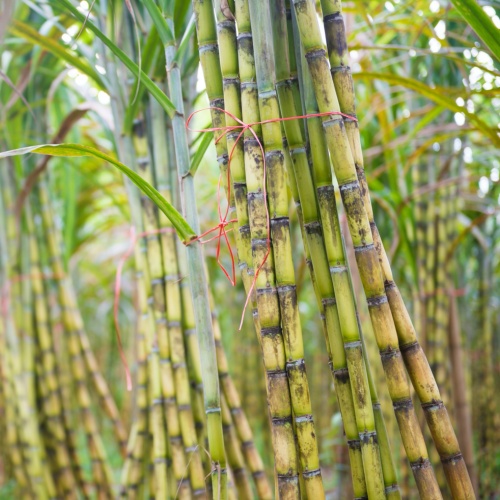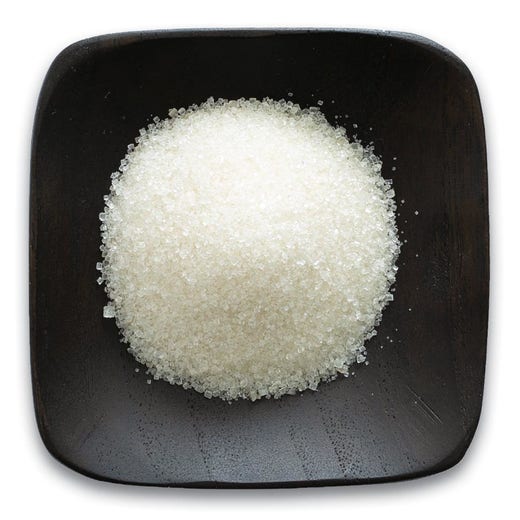Cane Sugar Processing: Key Technologies for Superior Sugar Manufacturing
Cane Sugar Processing: Key Technologies for Superior Sugar Manufacturing
Blog Article
A Thorough Introduction of the Health and Economic Ramifications of Walking Cane Sugar Processing on Local Neighborhoods
Walking cane sugar processing plays an essential role fit the financial landscape of neighborhood communities, supplying job opportunity and boosting supplementary markets. However, the health ramifications related to high sugar consumption can not be forgotten, as they add to climbing prices of excessive weight and diabetes. This nuanced dynamic invites an important evaluation of exactly how neighborhoods can enhance economic gains while dealing with journalism health challenges they deal with. The exploration of educational efforts and sustainable techniques might just hold the key to fixing up these contrasting rate of interests. What strategies might areas execute to accomplish this balance?
Financial Advantages of Walking Stick Sugar Processing
Walking cane sugar processing offers considerable economic benefits that expand past the immediate farming industry. The farming and processing of sugarcane develop countless task opportunities, from farming to manufacturing and circulation. This work generation not just supports regional economic situations yet also cultivates neighborhood development by providing steady income resources for families.
Moreover, the sugar sector promotes ancillary organizations, consisting of transport, equipment supply, and packaging services (Cane Sugar Processing). As these fields expand, they add to a more robust financial framework, improving overall community resilience. The export potential of processed cane sugar additionally intensifies financial advantages, positioning areas as competitive players in worldwide markets
Financial investment in modern-day processing facilities can lead to increased efficiency and effectiveness, therefore minimizing waste and optimizing resource usage. This shift not only benefits the regional economy but likewise sustains sustainability efforts by decreasing environmental influences.
Moreover, the earnings produced from cane sugar handling can be reinvested in local infrastructure, education and learning, and health care, advertising all natural neighborhood development. On the whole, the financial benefits of walking stick sugar processing are multifaceted, giving a structure for sustaining success in farming areas.
Wellness Risks Related To Sugar Consumption
Extreme sugar intake poses significant health risks that necessitate severe interest. High intake of included sugars, specifically from refined foods and drinks, has been connected to numerous health and wellness difficulties.
Furthermore, high sugar intake is associated with heart disease. Raised blood sugar level levels can cause insulin resistance, a precursor to different heart-related concerns. Additionally, sugar can have detrimental effects on dental health, resulting in dental caries and gum tissue illness, as germs in the mouth flourish on sugar, producing acids that deteriorate tooth enamel.
In addition, arising research study recommends a prospective link in between high sugar usage and psychological health conditions, such as clinical depression and stress and anxiety. As areas grapple with these health dangers, it ends up being important to promote understanding and motivate much healthier nutritional selections. Dealing with sugar usage is important not just for specific health however additionally for the total well-being of neighborhood communities, highlighting the demand for detailed public health techniques.
Environmental Effects of Sugar Production
Regularly neglected in conversations about sugar's ramifications is the significant environmental impact of sugar manufacturing. The farming of sugarcane often demands comprehensive land usage, leading to deforestation, loss of biodiversity, and interruption of regional ecological communities. The conversion of forests and wetlands into sugar ranches can result in habitat damage, threatening many varieties and changing eco-friendly balance.
In addition, sugar production is resource-intensive, consuming considerable amounts of water for irrigation. This can bring about exhaustion of local water sources, detrimentally influencing both farming practices and neighborhood accessibility to tidy water. Furthermore, using chemical plant foods and chemicals in sugarcane farming can contribute to dirt degradation and water air pollution, as overflow from these chemicals enters neighboring rivers and lakes, affecting water life and human health.
The environmental impact includes the handling stage, where energy consumption and waste generation further exacerbate ecological issues. Air contamination from shedding sugarcane fields, together with greenhouse gas discharges, add to climate modification. Thus, the ecological effects of sugar production warrant significant consideration, prompting stakeholders to take on even more sustainable practices to alleviate these negative impacts on neighborhood ecosystems and communities.
Job Development and Area Growth
The ecological obstacles posed by sugar production are frequently counterbalanced by its possibility for economic advantages, especially in job development and community advancement. The walking stick sugar sector works as a significant source of work in lots of rural areas, giving jobs across numerous skill degrees, from agricultural labor to processing and circulation duties. This work not only sustains specific families but likewise adds to the overall economic vitality of regional neighborhoods.
Furthermore, the establishment of sugar processing facilities stimulates ancillary services, such as transportation services, devices supply, and upkeep carriers. As these businesses grow, they create extra work and strengthen local economic climates. The revenue produced from the sugar sector likewise causes raised tax profits, which can be reinvested right into social work such as healthcare, infrastructure, and education growth.
In addition, the sugar industry usually involves in check this site out area growth campaigns, such as sustaining neighborhood institutions and wellness programs, thereby boosting the lifestyle for locals. By cultivating strong area ties and advertising economic development, the cane sugar handling sector plays an essential role in uplifting neighborhood populations, anchor making it a necessary component of sustainable growth methods in sugar-producing regions.
Balancing Health and Economic Development
In browsing the intricacies of cane sugar processing, a crucial challenge exists in balancing wellness factors to consider with financial development. The sugar market dramatically adds to regional economies by creating tasks, stimulating related markets, and boosting tax obligation profits. Nonetheless, the health and wellness ramifications related to extreme sugar intake can lead to chronic conditions such as excessive weight, diabetes mellitus, and cardiovascular concerns, which can worry public wellness systems and lessen labor force productivity.

Additionally, regulative structures can play an essential duty in assisting industry techniques in the direction of even more sustainable and health-conscious techniques. By cultivating cooperation in between government bodies, health organizations, and the sugar industry, areas can navigate the dichotomy of wellness and economic development, making sure that the benefits of walking cane sugar handling are equitably shared while prioritizing public health.
Conclusion
Finally, the handling of cane sugar offers both considerable economic advantages and remarkable health and wellness threats for local neighborhoods. While it promotes task production and promotes regional growth, the associated health concerns, particularly regarding obesity and diabetes, demand a cautious balancing act. By promoting liable intake and investing More Help in neighborhood education and sustainable techniques, it is possible to maximize economic benefits while lessening unfavorable wellness results, thus ensuring a much healthier future for neighborhood populaces.
Furthermore, sugar can have detrimental results on dental wellness, resulting in cavities and gum disease, as microorganisms in the mouth thrive on sugar, generating acids that erode tooth enamel.
Dealing with sugar usage is essential not just for specific health but additionally for the general wellness of local areas, emphasizing the need for thorough public health and wellness methods.
Often overlooked in conversations about sugar's implications is the considerable ecological influence of sugar manufacturing. The health effects associated with excessive sugar intake can lead to persistent conditions such as excessive weight, diabetes, and cardiovascular concerns, which can worry public wellness systems and reduce labor force performance.

Report this page